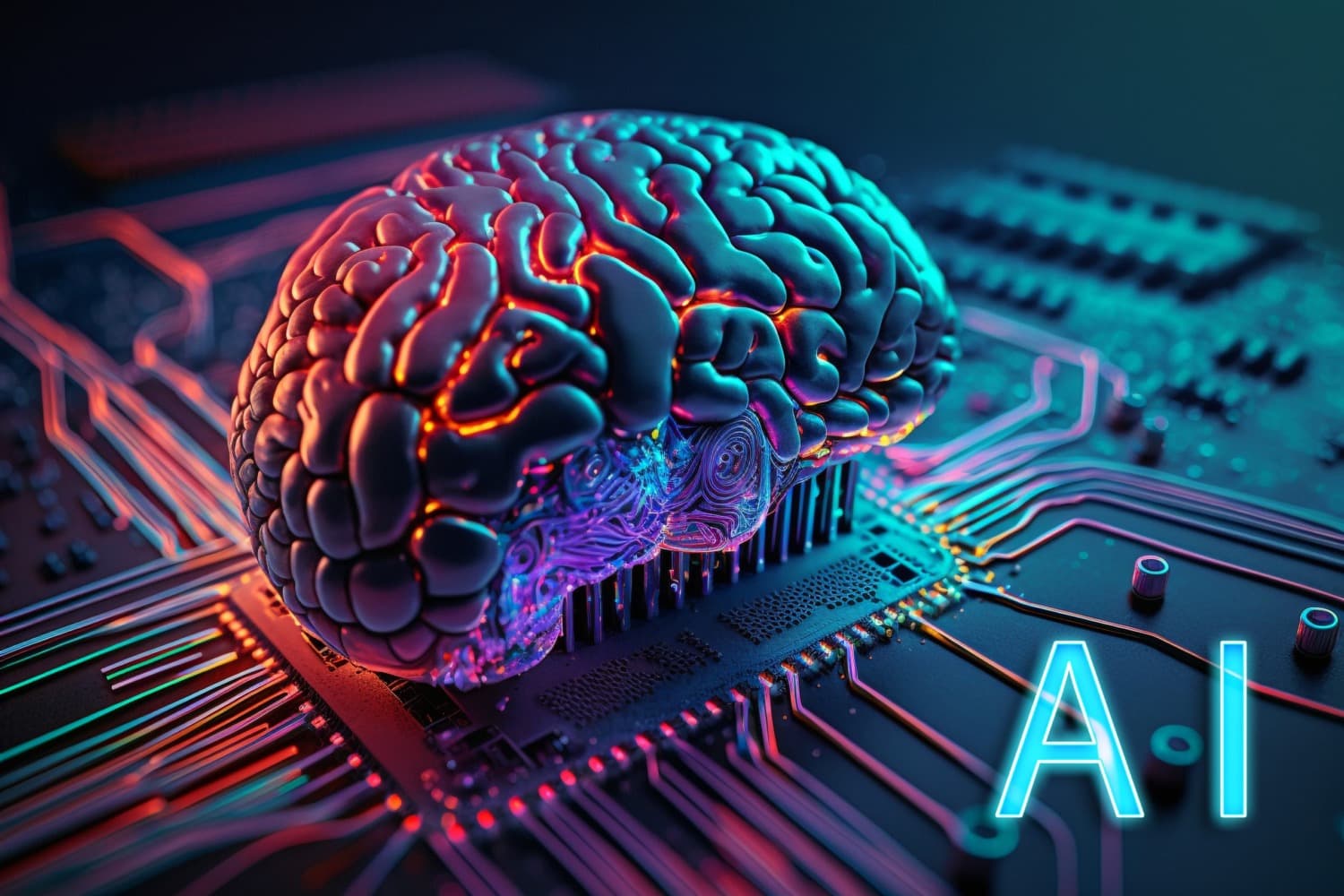Chinese tech giant Alibaba has introduced a new version of its Qwen 2.5 artificial intelligence model, claiming it outperforms the well-regarded DeepSeek-V3.
This launch coincided with the start of the Lunar New Year, a time when many Chinese people are celebrating with family, highlighting the competitive pressure from DeepSeek’s rapid success in recent weeks.

The announcement from Alibaba’s cloud division stated that Qwen 2.5-Max excels in performance compared to other leading AI models, including OpenAI’s GPT-4o and Meta’s Llama-3.1-405B.
This release comes shortly after DeepSeek’s AI assistant, based on the DeepSeek-V3 model, was launched, which significantly impacted tech stocks and raised concerns among investors about the high spending of major AI companies in the U.S.
DeepSeek’s achievements have prompted other companies in China to enhance their AI technologies. Following the introduction of DeepSeek-R1, ByteDance, the parent company of TikTok, quickly updated its main AI model, claiming it outperformed OpenAI’s o1 in a test that evaluates AI’s understanding of complex tasks.
The previous version of DeepSeek’s model, known as V2, sparked a price competition in the AI market after its launch last May.
Its open-source nature and low cost of just 1 yuan ($0.14) for processing a million data tokens led Alibaba and other tech firms to significantly reduce their prices for various AI models.
Several other major Chinese tech companies, like Baidu and Tencent, have also responded to this competitive landscape. Baidu introduced its version of ChatGPT in March 2023, while Tencent has been actively involved in AI developments.
Liang Wenfeng, the founder of DeepSeek, mentioned in a rare interview that his company is not focused on competing in price wars but is instead aiming for artificial general intelligence (AGI). AGI is defined by OpenAI as systems that can perform most valuable tasks better than humans.
While Alibaba employs hundreds of thousands of workers, DeepSeek operates more like a research lab, mainly staffed by recent graduates and PhD students.
Liang believes that larger tech companies may struggle in the evolving AI sector due to their high operational costs and rigid structures, contrasting with DeepSeek’s agile and innovative approach.
Liang expressed that the success of large foundational models requires ongoing innovation, and he sees limitations in the capabilities of big tech firms.
Other Stories You May Like
